Prince Albert II inaugurates first Monaco Nobel Day
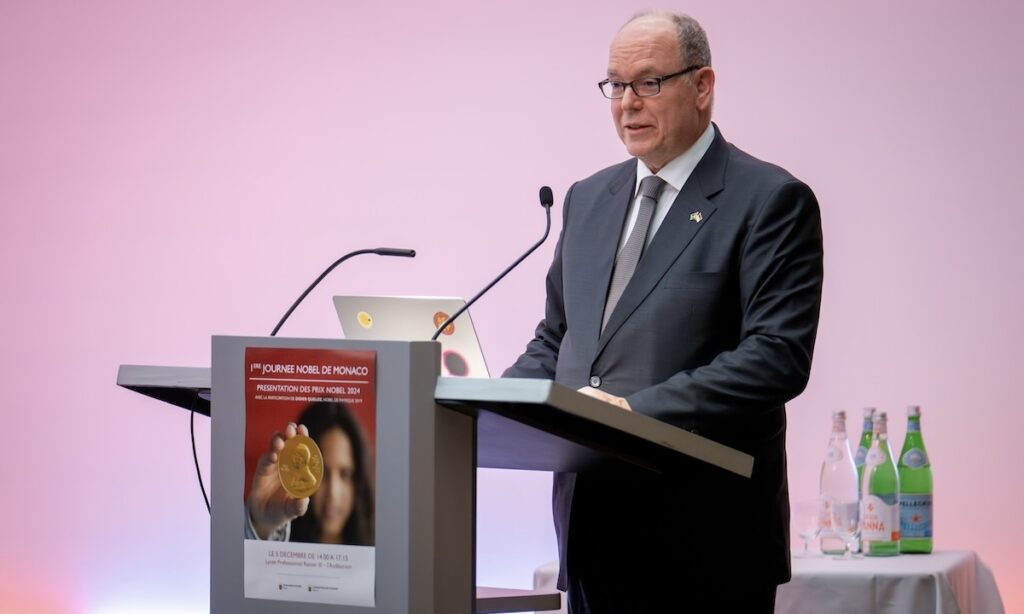
For the first time ever, the Principality celebrated Sweden’s prestigious Nobel Prize tradition with an event that was centered around scientific discovery and innovation. Organised by the Honorary Consulate of Sweden in Monaco, in partnership with the Swedish Embassy, the 1st Nobel Day in Monaco saw leading figures from the world of science and Monegasque schoolchildren gather for a series of lectures at the Lycée Rainier III on 6 December.
The day began with an inaugural speech by Prince Albert II. He welcomed the initiative, which helps introduce younger generations to innovative ideas that are shaping our future. “I’m delighted to be taking part in this first Nobel Day in Monaco. Although Alfred Nobel is best known for his inventions,he remains a central figure in the history of humanity above all for his commitment to promoting peace and rewarding scientific and cultural advances.
This day is not only an opportunity to celebrate exceptional advances in the fields of science and culture, but also a common heritage that we share in Monaco through the vision of two great men, Alfred Nobel and my great-great-grandfather Prince Albert I. They shared a common vision of the world, a world where science and peace come together for the progress of mankind,” said the Sovereign in his opening speech.
Professor Didier Queloz, a Nobel Prize winner in Monaco
The highlight of this first edition was a lecture by Professor Didier Queloz, winner of the 2019 Nobel Prize for Physics. The Swiss astronomer, who won the award for first discovering an exoplanet orbiting a main sequence star, 51 Pegasi b, captivated his audience by sharing his research into the mysteries of the universe.
He explained to the attentive audience how he and his partner Michel Mayor paved the way for the study of thousands of extrasolar planets, redefining our understanding of the universe. Some 5,000 other exoplanets have been discovered since 1995.
“Life on Earth has us in a singularity trap, as we are a singular model, shaped by evolution. Aside from Earth, we have no proof of the existence of life in the universe, but absence of proof is not proof of absence. There are many planets in the universe that could potentially support life,” concluded Professor Queloz, as an invitation for further thought.
A commitment to the future of young scientists
This first Nobel Day also represents a commitment to the future of young scientists. Sophie Krafft, Honorary Consul of Sweden in Monaco, announced that the event would become an annual one.
Each year, a Nobel Prize winner will come and share their work with Monegasque students, inspiring them to pursue their dreams in the fields of science, medicine, physics, chemistry and literature.
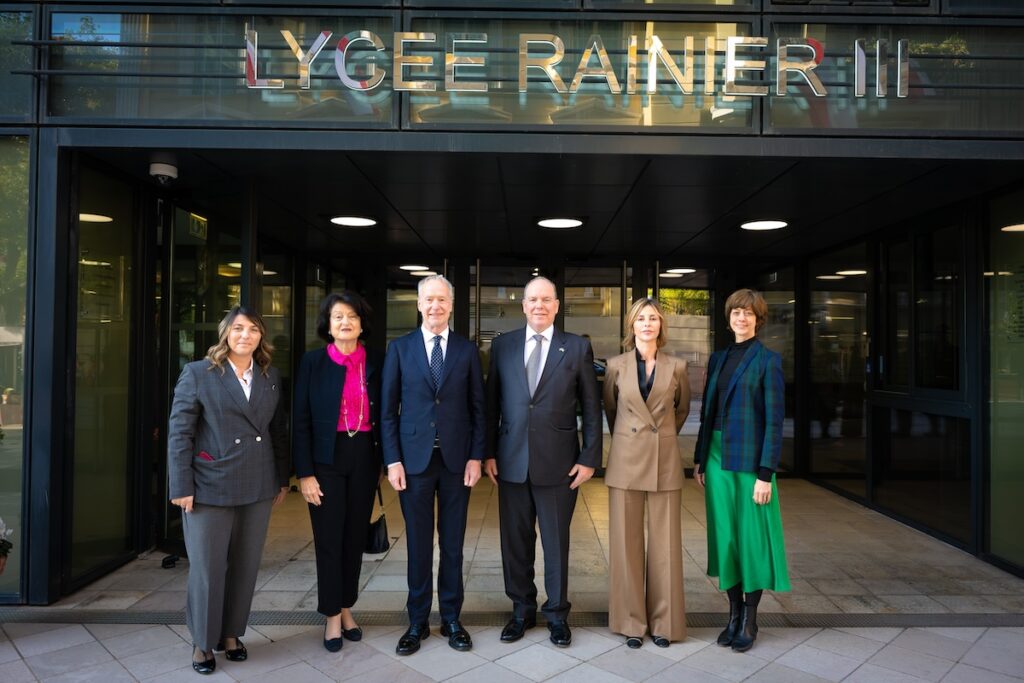
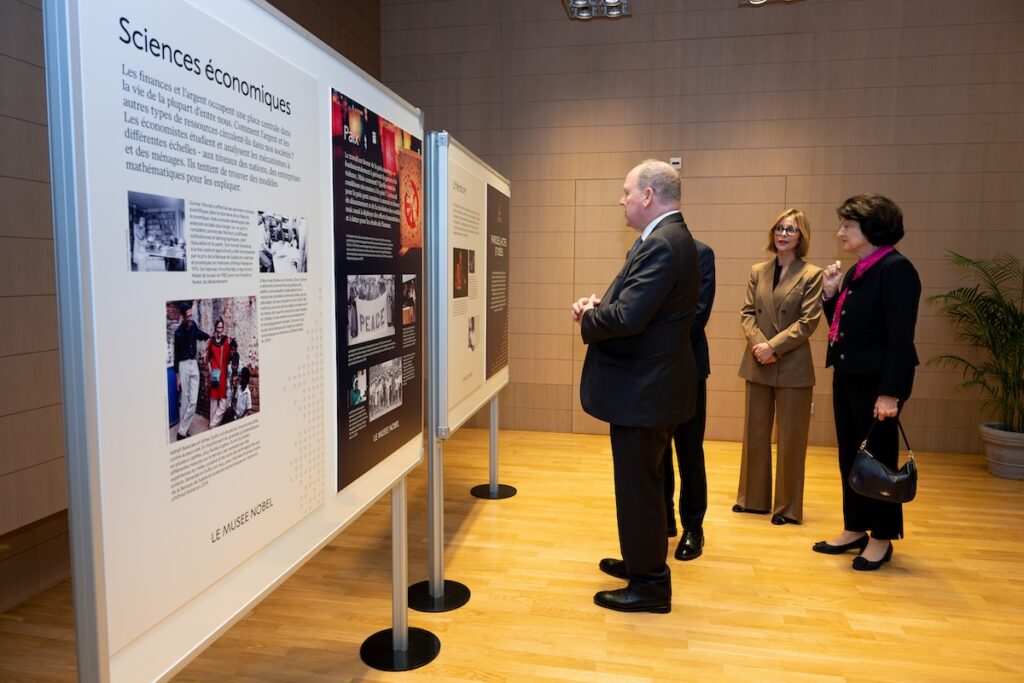
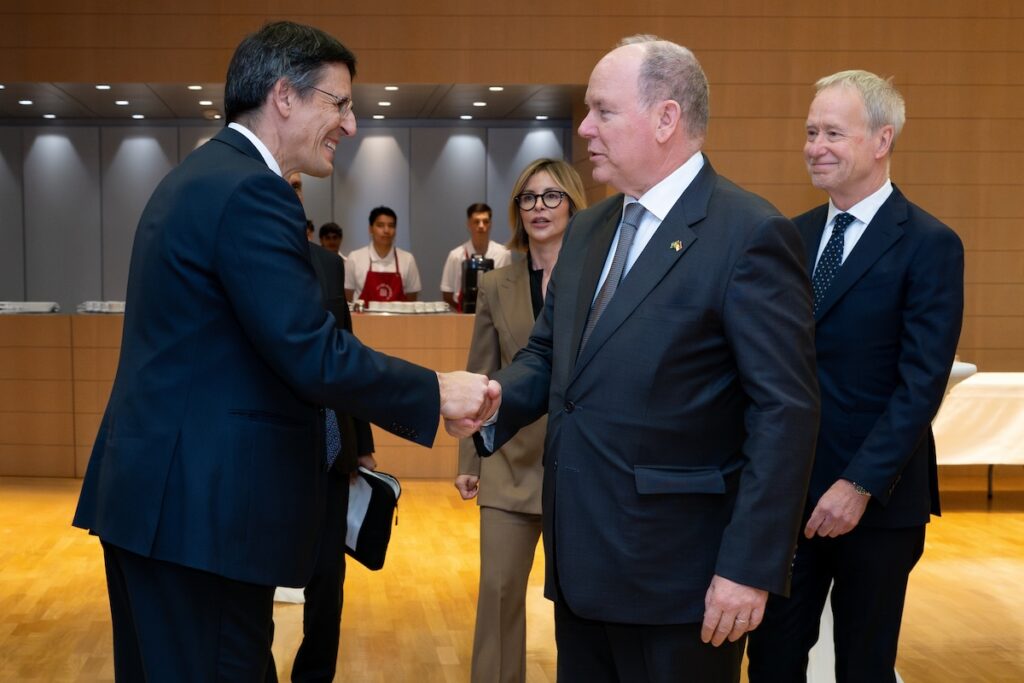
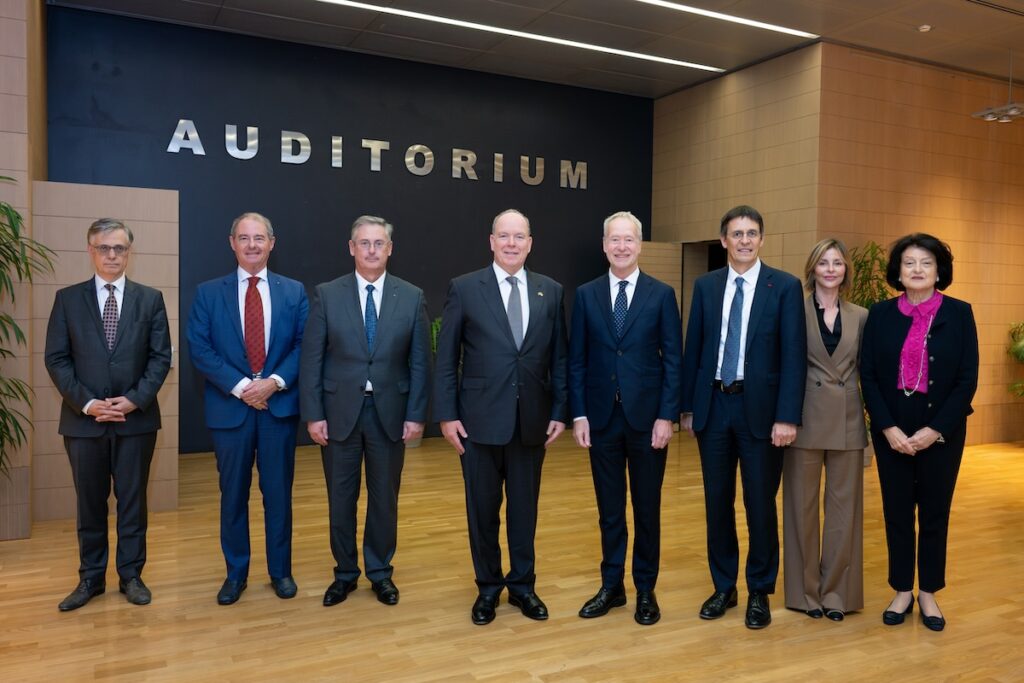

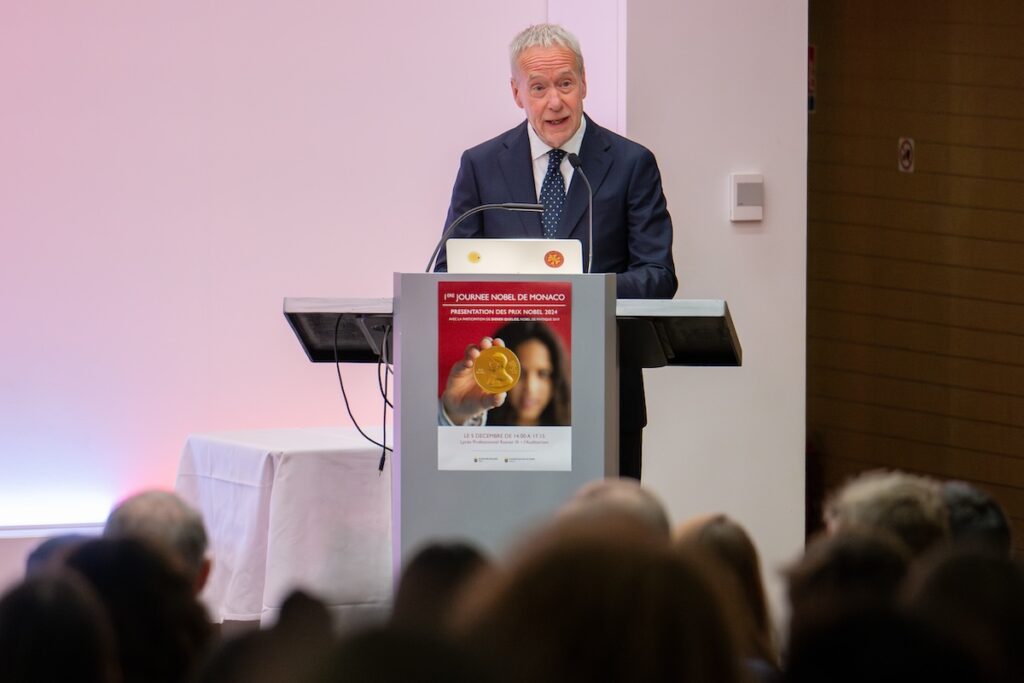
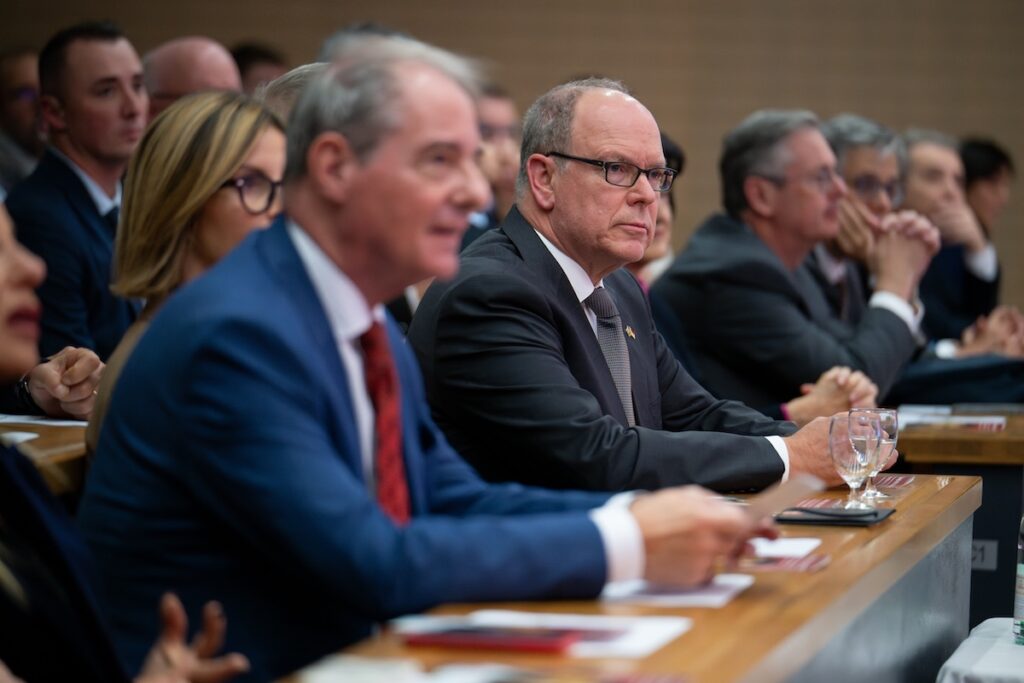
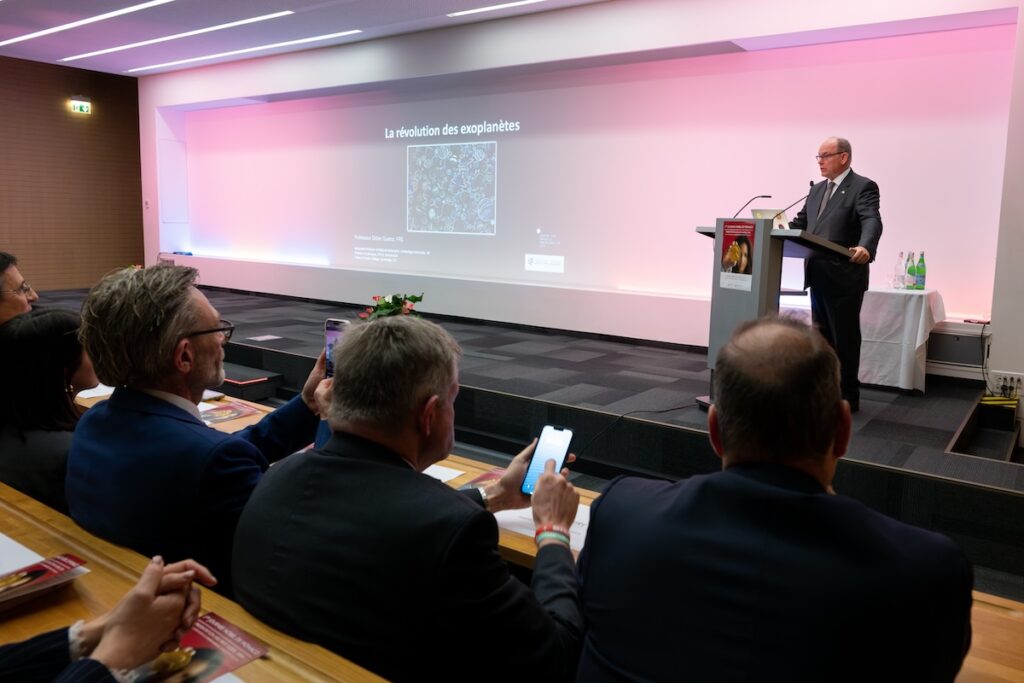
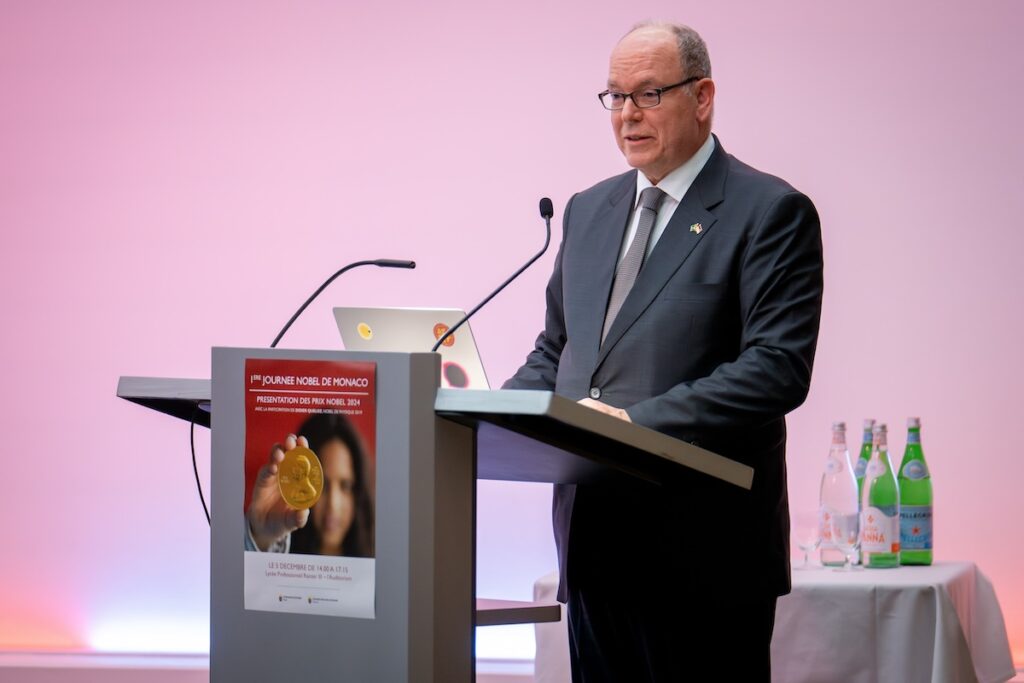

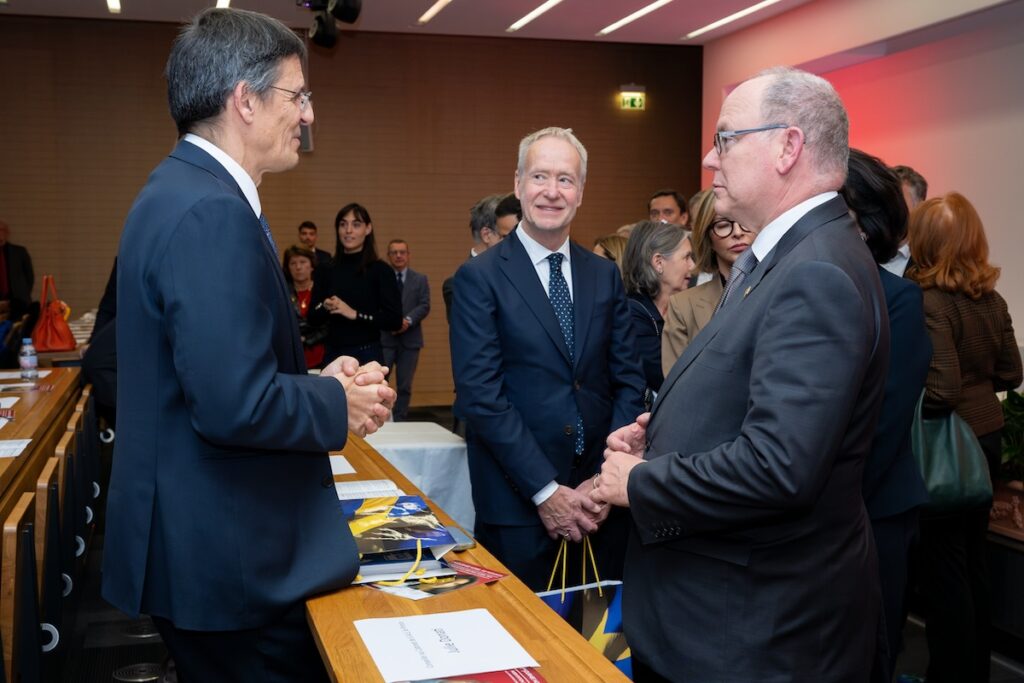
Photo credits: Michael Alesi / Prince’s Palace








